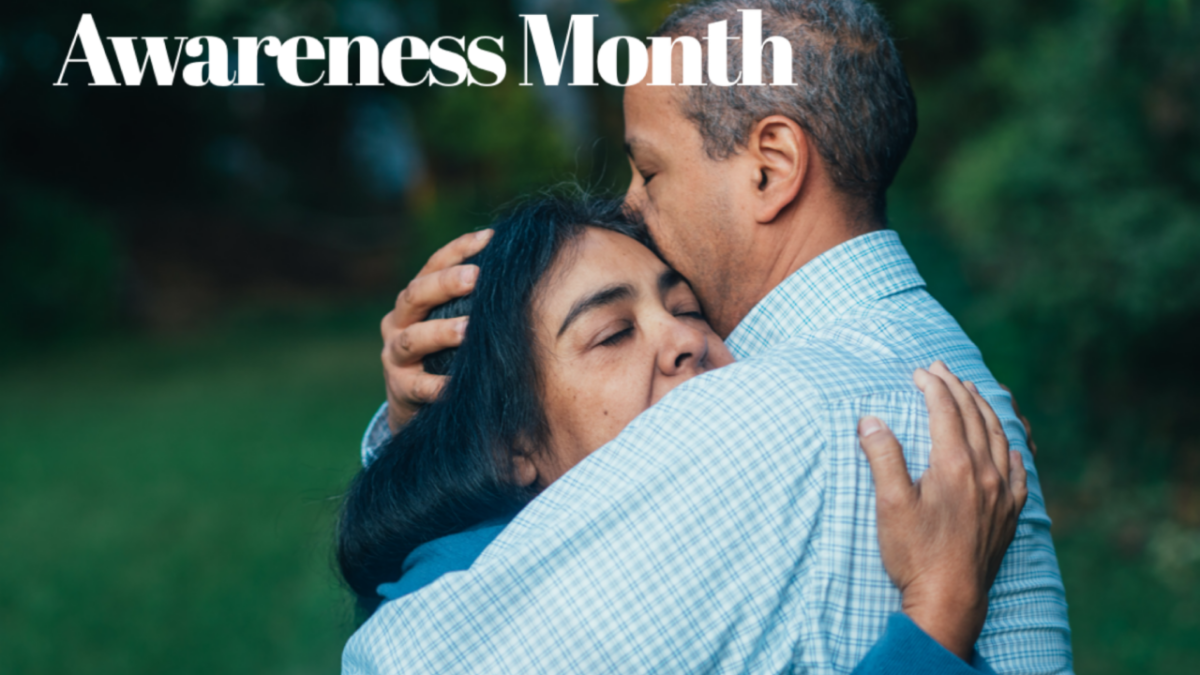July | Bereaved Parents Awareness Month
The nightmare becomes reality.
Child-loss is something we avoid reading about, thinking about, or wanting to look at at almost all costs. The pain is so much. The loss is “disorganized” as Dr. Bill Hoy puts it, meaning it occurs out of our natural order. We all agree on the simple truth that parents should not have to bury their children.
But, sometimes they do have to bury them and say goodbye, for now.
Below are some guides and suggestions for those who know someone grieving a child and for the dear parents experiencing this excruciating loss.
For the friends of bereaved parents:
Mostly, these guides are written for friends of bereaved people to help them maintain the friendship they have. Many people don’t know what to do or how to support someone in grief and it is very common for friendships (deep and abiding ones), to end after a death because the friends simply are too uncomfortable and don’t know how to be there.
While there is nothing comfortable about pain and sadness, it is going to come along for all of us in life. A hope we have is that the relationships that have been there in the good will also be there in the bad times.
So often, bereaved people’s loss is further traumatized, complicated and aggravated by the loss of significant friendships.
So, rule #1 is perhaps the most important piece of advice we can give to the friend/support community:
- Do not avoid your bereaved friends. They have already lost a great deal, do not be another loss.
- Just because you feel like you should “do” something, doesn’t mean you need to. Simply being available, unafraid, and present with your friends is a true gift.
- Don’t leave it at, “let us know if you need anything.“ Bereaved people have a higher BS reader and know that this phrase is empty. With very little energy to initiate or ask for help, bereaved people need action-oriented people to proactively care for them. See Rule 4 for a better approach.
- Schedule check-ins. These should be planned in a way that works well with your schedule and be done in a consistent pattern. An example would be: every Monday you send a text message or make a phone call to let them know you are thinking of them, perhaps ask what their week looks like. If you would like to do more, think about what night you could bring over dinner, ask if their yard needs any attention, maybe a car needs a tuneup? Giving consideration to the every-day-tasks and being proactive about noticing them is huge.
- Say the name of their child. Remember, recount and share stories with them about their child. Saying the name of their child you are giving them a deep and resonant gift of memory, safety, and love as they also miss, remember and love their child.*For families where the child loss is a baby who was never met or did not live very long – we can talk about how that baby’s little life made us feel. The joy over learning about them, the hopes, the brightness that their brief life created was very real and very special.
For the bereaved parents:
There aren’t really rules here – this is the hardest thing you’ll ever experience and nothing in grief is as simple as “right” and “wrong”. There are healthy signs of grief and unhealthy signs that can show up and provide insight into changes that may be needed.
The most difficult part of grief is finding a balance and not torturing ourselves over it. Bereaved people tend do think they should never be happy. But they need happiness and are deserving of it (like anyone else) to balance out the anguish of grief. Others tend to think they need to just “be happy” – saying their loved one “wouldn’t want them to be sad.” But sorrow is one of the main highways through the land of grief. Without feeling the loss, the loss will never change. So, with the hope of finding balance in mind we must find a way to hold both joy and sorrow.
Below are some guides and permissions for behavior that I hope are helpful as you navigate this stormy grief:
- Let your grief come out. For some, this is a more natural process than others. What you need to do might seem obvious or it might sneak up and overwhelm you out of the blue. Your grief needs to come out – welcome the outlets – as you feel the need, explore ways of expressing your pain that have fullness, end times, and a way to move out and back into the world. This might sound cold, like we are scheduling grief, but sometimes prioritizing a time for sorrow and letting it be what it is can be incredibly freeing.
- Create rituals. If there is a grave to visit, go regularly. If they had a special place, visit & go regularly. Eat their favorite foods, share memories within your family and community of grievers.
- Allow connections. Looking for and finding ways that your child is still with you is incredibly important. The theory of Continuing Bonds demonstrates that not only is our desire for connection after death normal, it is even a healthy and appropriate way for us to navigate and move forward with our loved one. Saying “Goodnight” to their picture, speaking aloud to them, connecting an image, sensation, or an animal with their presence is all normal. I hear many people talk about these phenomena – “I know it sounds crazy but, this owl appeared at the service and it felt like Dad was with us.” – maybe it sounds crazy but that’s only because we are still learning what normal is.
- Have boundaries. Know what you can and can’t do, who you can and can’t talk to. This is hard work. It’s painful to realize places we had hoped were safe are actually forbidden or treacherous. But learning and holding these boundaries for the time you need them will help you, and hold you.
- Say their name & openly remember. Do this to whatever degree is right for you. If it’s loud, lots of pictures on Instagram or Facebook, or a special moment at Christmas – do it. These opportunities are important and your memory is special. Remember loudly, lovingly, and truthfully. We will all benefit.
To all of the families living this out –
I am so sorry. Your loss is tragic, catastrophic, and nothing can replace it. Your steps through this will be hard but you will also surprise yourself at how far you are able to go.
You are capable of hard things and you are doing the very hardest now.
Our hearts are with you, take care with you today.




